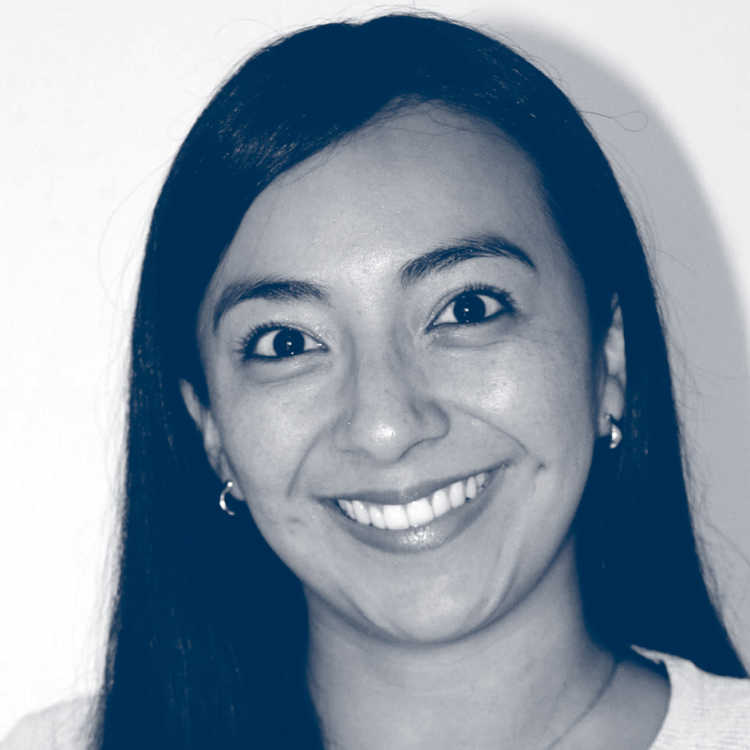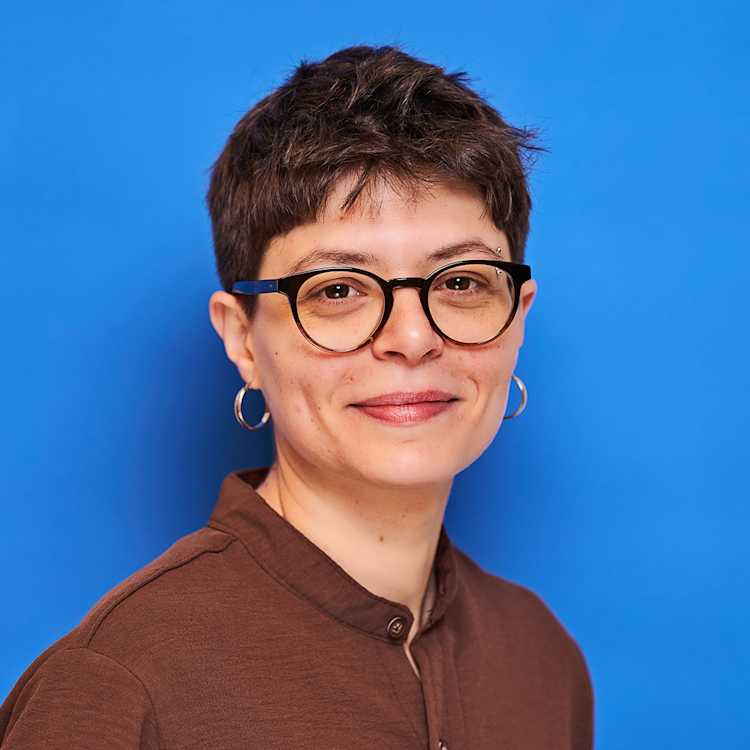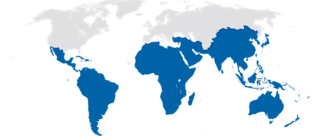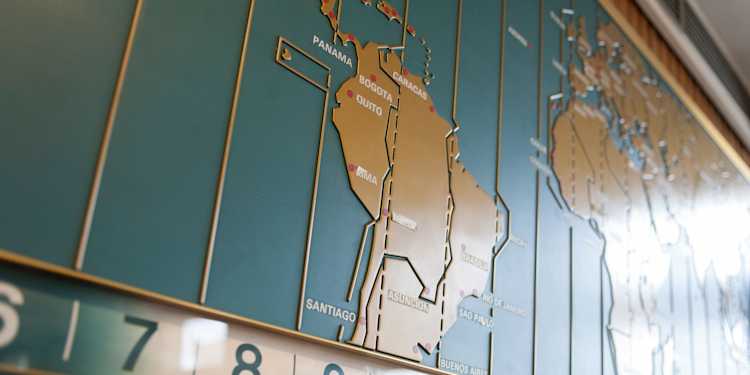
GIGA Institut für Lateinamerika-Studien
Das GIGA Institut für Lateinamerika-Studien forscht zu politischen und wirtschaftlichen Entwicklungen in den Ländern Süd- und Mittelamerikas und der Karibik. Zu den Kernthemen zählen die Qualität politischer Institutionen und politische Partizipation, Herausforderungen durch Konflikte und Kriminalität und regionale Integration.
News und Highlights
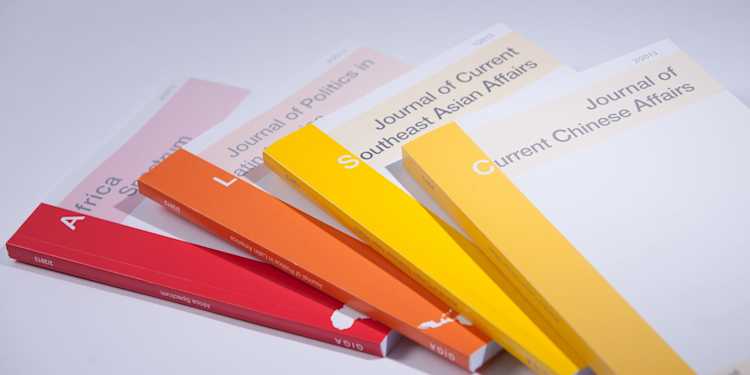
GIGA Journal Family
Die vier Zeitschriften des GIGA werden von SAGE Publishing unter Fortführung des "Platinstandards" des Open-Access-Modells veröffentlicht. Alle Beiträge erscheinen auf Englisch und durchlaufen ein mehrstufiges, anonymisiertes Begutachtungsverfahren. Zudem sichern international besetzte wissenschaftliche Beiräte die Qualität der Zeitschriften.
GIGA Journal FamilyForschungsprojekte
Alle GIGA-Projekte
Forschungsplattform Lateinamerika
Der Austausch und die Zusammenarbeit mit Forschenden aus aller Welt hat am GIGA eine jahrzehntelange Tradition. Seit 2015 intensivieren und vertiefen wir diese Zusammenarbeit mit Hilfe der GIGA-Forschungsplattformen.
Die Konsolidierung und Ausweitung der Zusammenarbeit mit führenden Universitäten und Forschungsinstituten in Brasilien und darüber hinaus ist ein vorrangiges Ziel der GIGA-Forschungsplattform in Lateinamerika.
ForschungsplattformenPräsidentin (ad interim)
Prof. Dr. Sabine Kurtenbach leitet das GIGA als Präsidentin (ad interim).
Regionalinstitute
Benachrichtigungen
Melden Sie sich hier für E-Mail-Benachrichtigungen zu GIGA-Aktivitäten an
Soziale Medien
Folgen Sie uns




